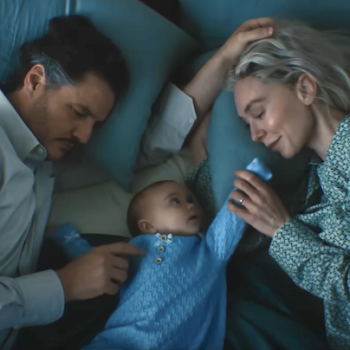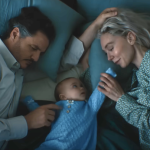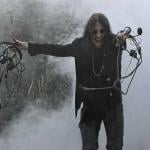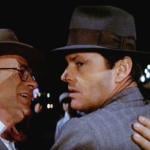Disney movies are rarely explicitly spiritual. Though Disney was a practicing Protestant and spoke often about his own personal faith, he mostly kept religion out of his work—with one huge exception.
Fantasia, which officially turned 75 today, includes one of the most overtly religious expressions in all of the Disney canon—the still shocking, still moving “Night on Bald Mountain/Ave Maria” sequence that puts an exclamation point on the film.
Looking back, it’s a little crazy how un-Disney the segment feels. Chernabog—the demon perched on the top of the mountain—terrified kids back in 1940. It still can freak them out today. I know he scared the pants off me when I watched it as a kid in the 1970s. And that’s the way it should be. Disney’s supposedly re-working the segment into a live-action movie, and if someone decides to do a Malificent on Chernabog and turn him into a likeable antihero, I’ll picket the Disney Studios personally.
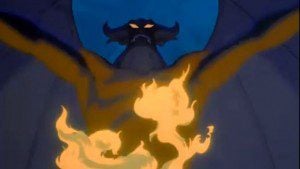
To the haunting, thunderous music of Modest Mussorgsky, Chernabog holds sway over a legion of ghosts and demons. He creates fiery dancing pixies, then turn them into hideous imps, then crush them and throw them in the fire. For me as a kid, Chernabog wasn’t just an evil character, he was evil—the devil himself. You look at the guy and you wonder, “who … what could stand in this demon’s way?” I was asking myself as a 7-year-old. “Why doesn’t he just spread his (admittedly awesome) wings, fly around the world and destroy everything?!”
And then the answer came. Church bells. Light. Song. God.
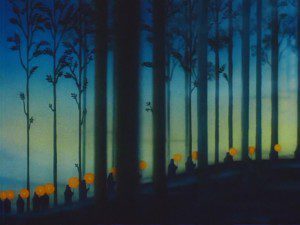
For a kid like me, the Ave Maria sequence (music by Franz Schubert) isn’t nearly as riveting as watching the demon do his magic on the mountain. But it was still an incredibly important thing for me to see, and it might’ve saved me from a lifetime of Chernabog-related nightmares. God trumps the devil every time, it told me—and He can do it without even getting worked up about it.
“Life is composed of lights and shadows, and we would be untruthful, insincere, and saccharine if we tried to pretend there were no shadows,” Disney wrote for a collection of essays called Faith is a Star. “Most things are good, and they are the strongest things; but there are evil things too, and you are not doing a child a favor by trying to shield him from reality. The important thing is to teach a child that good can always triumph over evil, and that is what our pictures attempt to do.”
The ending was originally much more religious than what even wound up in the finished film. In Mark I. Pinsky’s The Gospel According to Disney: Faith Trust and Pixie Dust, we learn that early sketches featured a stained glass window of Mary and Jesus. Walt Disney also had a special verse written for the Ave Maria that was included:
The Prince of Peace your arms embrace,
while hosts of darkness fade and cower.
Oh save us Mother full of grace,
in life, and in our dying hour,
Ave Maria!
Not every Christian has seen Fantasia in a favorable light. For many back in the day, the Bald Mountain sequence was just too scary and borderline blasphemous. The rest of the movie was filled with all sorts problematic elements, from the sorcerous Mickey Mouse in “The Magician’s Apprentice” to the Grecian mythological creatures from Beethoven’s “The Pastoral Symphony.” Even now, I’m sure some Christian families have Fantasia on their do-not-watch list.
But for me, I don’t think I can underestimate how important that small sequence has been to my own faith.
I’m a Christian for a lot of reasons. I’ve read lots of great Christian authors and theologians. I’ve heard lots of sermons. I’ve talked with countless people who’ve encouraged me on this strange, spiritual walk of mine. But if someone peeled away layers of my brain bit-by-bit, stripping me of my intellect, tearing away my history, I think that my memories of “Night on Bald Mountain/Ave Maria” would be one of the last things to go. The sense that the segment evokes something deep in my core, something I believe with all my being, to be true: That a light shines in the darkness, and the darkness cannot overcome it.




